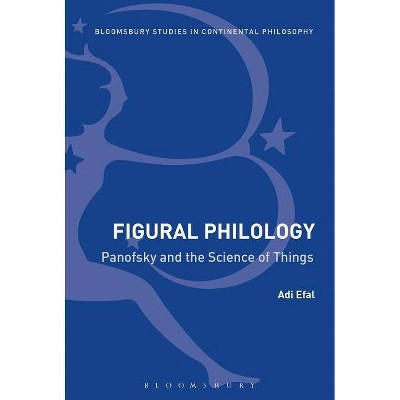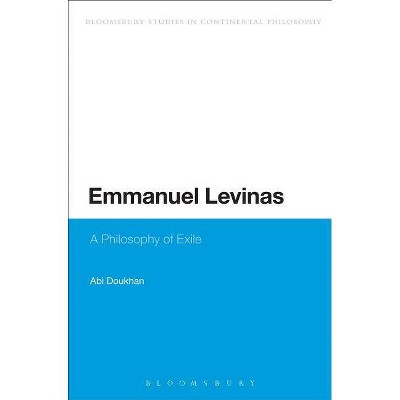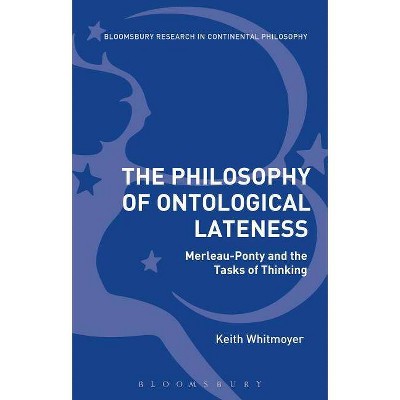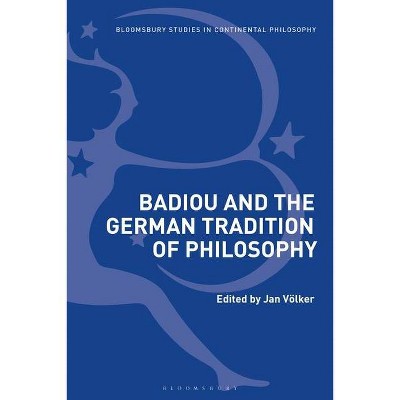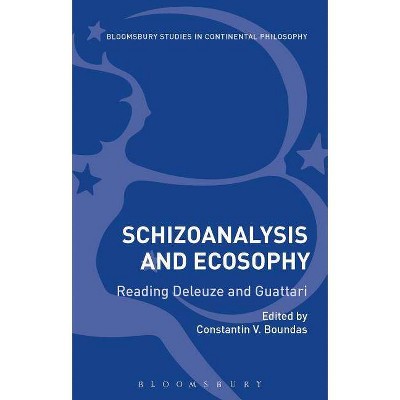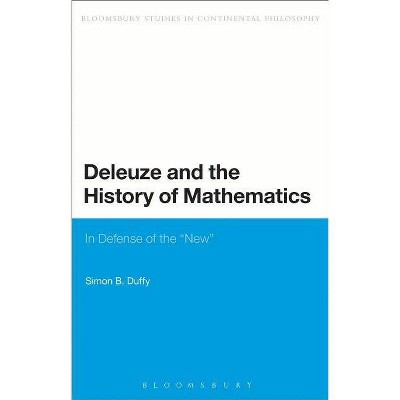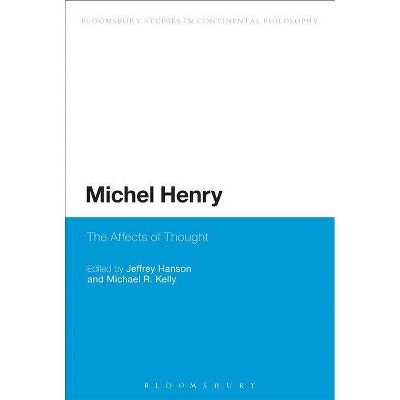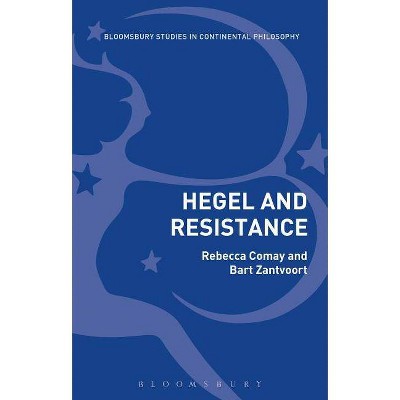Towards the Critique of Violence - (Bloomsbury Studies in Continental Philosophy) by Brendan Moran & Carlo Salzani (Paperback)
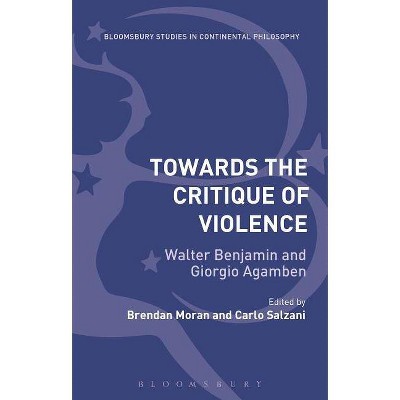
Similar Products
Products of same category from the store
AllProduct info
<p/><br></br><p><b> Book Synopsis </b></p></br></br>In the past two and a half decades, Walter Benjamin's early essay 'Towards the Critique of Violence' (1921) has taken a central place in politico-philosophic debates. The complexity and perhaps even the occasional obscurity of Benjamin's text have undoubtedly contributed to the diversity, conflict, and richness of contemporary readings. Interest has heightened following the attention that philosophers such as Jacques Derrida and Giorgio Agamben have devoted to it. Agamben's own interest started early in his career with his 1970 essay, 'On the Limits of Violence', and Benjamin's essay continues to be a fundamental reference in Agamben's work.<br/><br/>Written by internationally recognized scholars, <i>Towards the Critique of Violence</i> is the first book to explore politico-philosophic implications of Benjamin's 'Critique of Violence' and correlative implications of Benjamin's resonance in Agamben's writings. Topics of this collection include mythic violence, the techniques of non-violent conflict resolution, ambiguity, destiny or fate, decision and nature, and the relation between justice and thinking. The volume explores Agamben's usage of certain Benjaminian themes, such as Judaism and law, bare life, sacrifice, and Kantian experience, culminating with the English translation of Agamben's 'On the Limits of Violence'.<p/><br></br><p><b> Review Quotes </b></p></br></br><br>A rich collection that sometimes articulates existing problems in a new light, sometimes opens up unexpected contexts for the interpretation of both Benjamin and Agamben, at other times points towards directions that their work may be taken to. ... As such, it is a welcome addition to the growing body of Agamben (and Benjamin) scholarship.<br/>Arcadia<br><br>Agamben's relationship with Walter Benjamin is decisive and yet complex, and this is above all the case for Benjamin's 'Critique of Violence, ' a dense text in its own right. In this volume centered on Benjamin's 'Critique' and Agamben's reading of it, the authors make significant contributions to our understanding of a text that has attained an urgent 'legibility' in the present moment and of a contemporary intellectual project that at once extends and betrays it.<br/>Adam Kotsko, Assistant Professor of Humanities, Shimer College, USA<br><br>The articles in this volume take up the challenge of rereading Benjamin after Agamben, and do so with the utmost seriousness, erudition, argumentativeness and incisiveness. Clarifying without simplifying, and extending without falsification, this collection will be indispensable not only for students and scholars of Benjamin and Agamben, but for its critical discussions concerning the relations between myth, law, violence nand justice.<br/>Justin Dominic Clemens, Senior Lecturer in the School of Culture and Communication at the University of Melbourne, Australia<br><p/><br></br><p><b> About the Author </b></p></br></br><p>Brendan Moran is Associate Professor of Philosophy at the University of Calgary, Canada. <p/>Carlo Salzani is a translator and author based in Münster, Germany and editor, with Brendan Moran, of <i>Philosophy and Kafka</i> (2013).</p>
Price History
Price Archive shows prices from various stores, lets you see history and find the cheapest. There is no actual sale on the website. For all support, inquiry and suggestion messagescommunication@pricearchive.us
